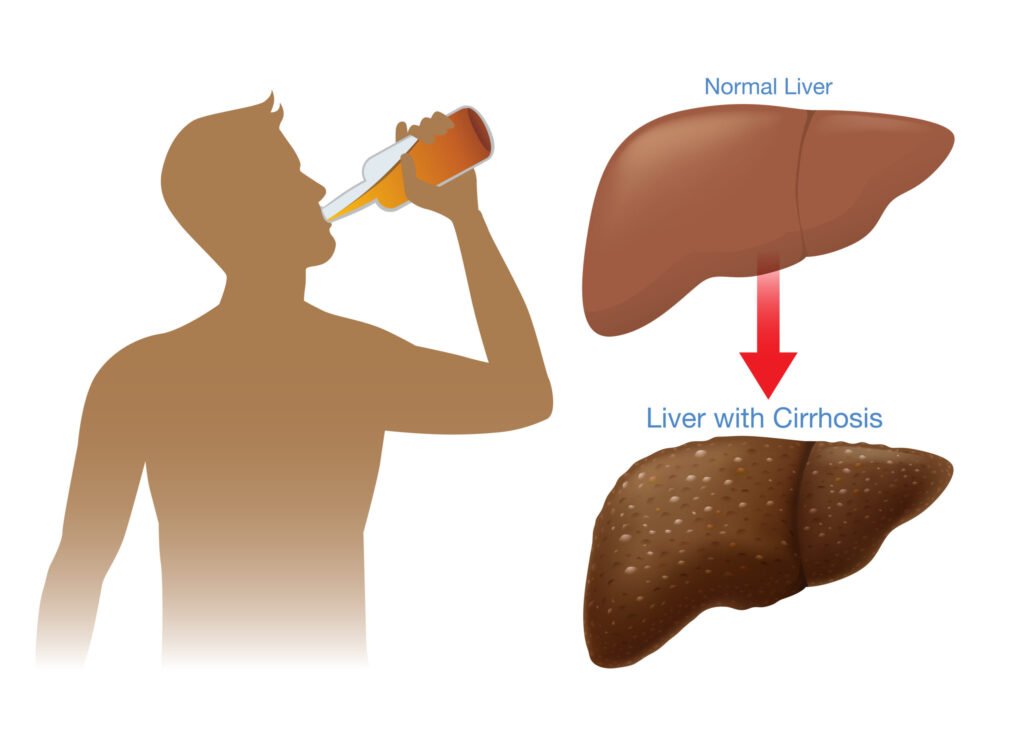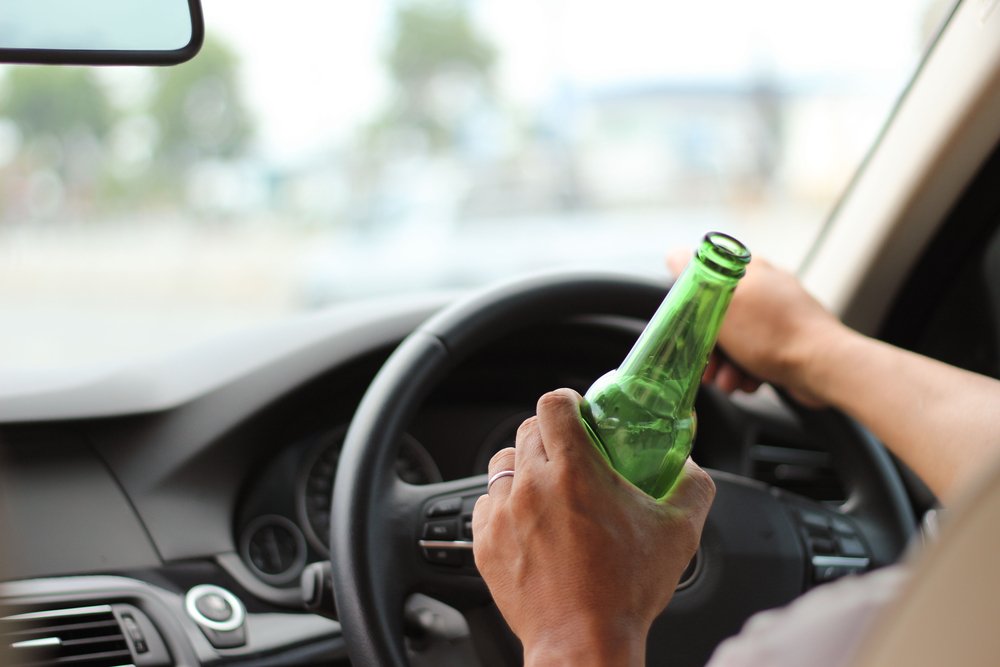These days, alcohol has become almost synonymous with partying and socializing. If you’re not drinking at a party, you’re often seen as the odd one out. There’s a prevailing myth that without alcohol, there’s no fun.
NO ALCOHOL = NO PARTY
But is this mindset healthy? Do you really need alcohol to unwind or have a good time? Let’s dive into the science of alcohol and its effects on your body.

What Happens When You Drink Alcohol?
When you consume alcohol—whether mixed with soda or water—it gets quickly absorbed into your bloodstream through the stomach and intestines. From there, it travels straight to your brain.
How It Affects the Brain
Once alcohol reaches the brain, it activates your reward system, particularly the release of dopamine, which creates feelings of pleasure and relaxation. That “buzzed” or “high” feeling? That’s the brain reacting to alcohol.
Why You Feel Disinhibited
Alcohol lowers your inhibitions, meaning you may act more boldly or impulsively than usual. This is why many people do things under the influence that they wouldn’t consider while sober.
Why Women Get Drunk Faster Than Men

The Role of Body Composition
-
Alcohol is water-soluble, meaning it spreads in the water content of your body.
-
Men typically have more muscle mass, which holds more water.
-
Women tend to have more fatty tissue, which holds less water—so the alcohol becomes more concentrated in their blood.
Enzyme Differences
Women also produce less alcohol dehydrogenase, the enzyme responsible for breaking down alcohol in the stomach. This means more alcohol reaches the bloodstream and brain, amplifying its effects.
Important Note: Alcohol can be even more dangerous during pregnancy. It can lead to Fetal Alcohol Syndrome, causing lifelong disabilities in the unborn child.
Why Some People Don’t Feel Drunk Easily
Several factors influence alcohol’s effects:
-
Body Size & Muscle Mass: More muscle = slower effect.
-
Smoking Habits: Smokers metabolize alcohol faster due to enzyme activation.
-
Stomach Contents: Drinking on an empty stomach accelerates alcohol absorption.
-
Alcohol Concentration: Drinks with 20–30% alcohol are absorbed most efficiently. Too strong or too weak concentrations are less effective.
Tip: Drinking with food slows down alcohol absorption, making its effects milder and safer for your stomach.
Hangovers: Why They Happen
Ever wonder why you wake up feeling terrible after a night of drinking?
Meet the Culprit: Acetaldehyde

As your liver breaks down alcohol, it produces acetaldehyde, a toxic compound responsible for:
-
Headaches
-
Nausea
-
Fatigue
-
Liver damage
-
Increased cancer risk (including breast and colon cancer)
Some people detoxify acetaldehyde better than others, so they feel fewer hangover symptoms. But for most, it builds up stress and inflammation in the body—even similar to overdosing on painkillers.
What Happens at Different Blood Alcohol Levels?
Here’s a breakdown of how your body reacts based on your Blood Alcohol Concentration (BAC):
| BAC Level | Effect |
|---|---|
| 30 mg/100 ml | Mild relaxation, euphoria, and loss of inhibition |
| 100 mg/100 ml | Impaired judgment, risk-taking behavior, emotional instability |
| 200 mg/100 ml | Severe motor impairment, slurred speech, vomiting |
| 400 mg/100 ml | Potentially fatal: coma, respiratory failure, cardiac arrest |
In India, driving with a BAC over 30 mg/100 ml is illegal. If you feel tipsy, you’ve already crossed the legal limit.
Is There a Safe Limit for Alcohol?
Spoiler Alert: No Amount is Safe
Contrary to older beliefs that “one drink a day” is okay—new studies show that even small amounts can harm your health. Alcohol is a toxin that:
-
Damages the liver
-
Increases cancer risk (especially breast cancer in women)
-
Weakens the heart
-
Disrupts hormone levels
Even a single drink raises your risk. The safest option is not to drink at all.
If quitting feels impossible, reduce both the amount and frequency. Drinking once a month is better than every weekend. Any reduction helps your health.
How Long Does Alcohol Stay in Your System?
Your body processes alcohol at a fixed rate: about 1 peg per hour.
So, if you drink:
-
2 pegs: 2 hours to clear
-
10 pegs: 10 hours to clear
Until fully processed, alcohol lingers in your breath, urine, and even your sweat.
Alcohol’s Long-Term Effects: A Silent Killer
Chronic alcohol consumption can lead to:
-
Liver failure: Fluid buildup, vomiting blood, jaundice
-
Liver cancer & gastric cancer
-
Brain damage
-
Addiction and mental health issues
-
Heart disease and strokes
All for a momentary high. The short-term pleasure is simply not worth the long-term pain.
Myth Busted: Alcohol Doesn’t Make You Healthier

Some older studies suggested moderate drinking might be good for your heart. Recent research disproves this.
There is no health benefit to alcohol. In fact, half of breast cancer cases are linked to alcohol consumption.
Summary: Key Takeaways
✅ Alcohol is absorbed quickly and affects your brain, behavior, and organs.
❌ No amount of alcohol is “safe.” Even small amounts increase your risk of chronic diseases.
❗ Women are more vulnerable due to body composition and enzyme differences.
⚠️ Hangovers are caused by toxic byproducts like acetaldehyde, which harm your liver and increase cancer risk.
🚫 Don’t rely on alcohol for enjoyment or stress relief. Seek healthier alternatives.
Final Thoughts
The effects of alcohol on health are far-reaching—impacting your brain, liver, heart, and even your mental well-being. The truth is clear: Alcohol is a toxin.
You don’t need to quit overnight. But even cutting back a little can do wonders for your long-term health.
If you truly care about your body and your future, take steps to reduce or eliminate alcohol consumption from your life. Because the less you drink, the longer—and better—you live.